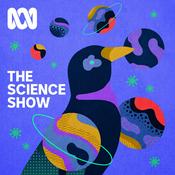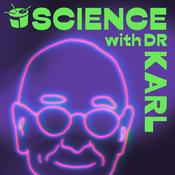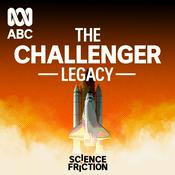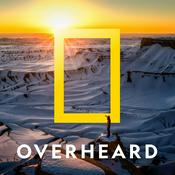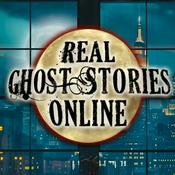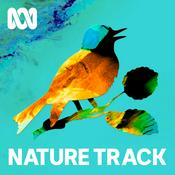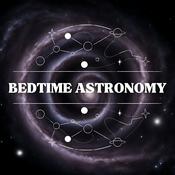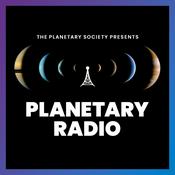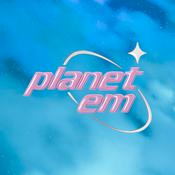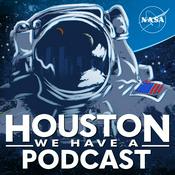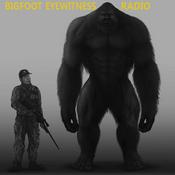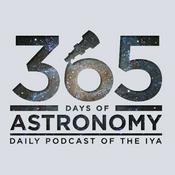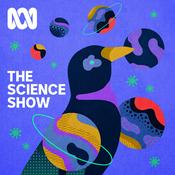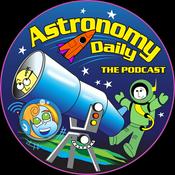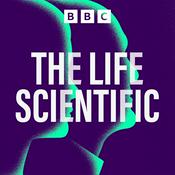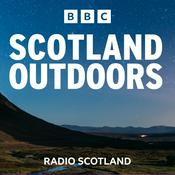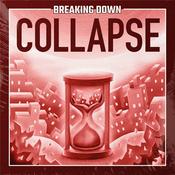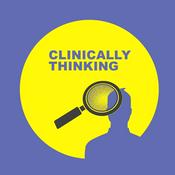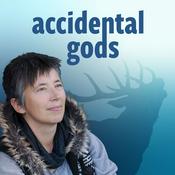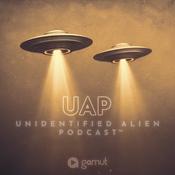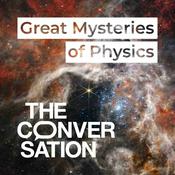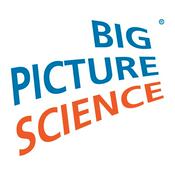449 episodes
Will AI Take Our Jobs? Part Three of the Great AI Safety Debrief with Dr. Petr Lebedev (462)
21/02/2026 | 28 mins.In the final episode of the Great AI Safety Debrief series with Dr. Petr Lebedev, we discuss job eradication, AI alignment and the rise in cases of AI deceiving humans. Petr unpacks ideas like AI scheming, situation awareness, parasitic relationships between humans and machines, and even the possibility of AI developing belief systems of its own. We end by zooming out to existential risk, Alan Turing's early warnings, and why aligning AI with human values may be one of the most difficult (and urgent) challenges humanity must face.
Linkedin: Petr Lebedev
palisaderesearch.org/Is AI Outsmarting Us? Part Two of the Great AI Safety Debrief with Dr. Petr Lebedev (461)
14/02/2026 | 23 mins.In part two, Dr. Petr Lebedev and I dive deeper into how modern AI systems are grown, not programmed, and the emergence of Shutdown Resistance. We explore AI performance in math and coding competitions, the rapid evolution of ChatGPT models, and why companies are already letting AI write the majority of their code. Petr explains how huge investments globally are pushing these systems forward faster than we can fully understand or control.
The final episode in this 3 part series drops next week!
Linkedin: Petr Lebedev
palisaderesearch.org/- Intelligence is emerging from sand and less than 1% of the population seems to care!
Physicist and science communicator Dr. Petr Lebedev joins the podcast following his SXSW talk to explore the rapid advancement of AI and how it's dramatically shifting the global status quo. From completing a PhD in physics and writing for Veritasium, to leading science communication at Palisade Research, Petr steps in to bring some clarity to the weird, wild, and worrying sides of AI.
Did you know that no one truly understands how large language models actually work? We go deep on misaligned systems, humanoid and dog robots, and why many experts believe AI could pose a serious global risk. Is AI our greatest tool? Or something we're slowly losing control of? This conversation is big, so we've split it into three parts. Part two drops next week. - A mysterious glow from the centre of the Milky Way has scientists intrigued. Astrophysicist Geraint Lewis explains how this gamma-ray excess, first detected in 2009, could be evidence of dark matter particles interacting deep in our galaxy. With dark matter believed to make up a vast, invisible halo that holds galaxies together, uncovering the source of this glow may bring us closer to understanding what the universe is really made of.
www.geraintflewis.com/
Linkedin: geraint-lewis-4a499b1 Food Additives: What's Safe, What's Not? with Prof. Clare Collins (451) [REPEAT]
26/01/2026 | 28 mins.In this episode, I'm joined by Professor Clare Collins, Australian dietitian and Professor of Nutrition and Dietetics at the University of Newcastle. Clare is my go-to expert when it comes to all things nutrition, and today she's here to unpack the often confusing world of processed and ultra-processed foods.
We dive into what really separates the two, explore the role of additives, emulsifiers, and flavour enhancers, and discuss how some of these ingredients, designed to make foods more appealing, may be doing our health more harm than good. Plus, she shares practical, no-nonsense tips to help you make smarter choices next time you're wandering the grocery aisles.
Check out Clare's free online resource, No Money No Time, for simple, budget-friendly recipes and nutrition advice - nomoneynotime.com.au/
Follow Clare on X: @ProfCCollins and LinkedIn: Clare Collins.
More Science podcasts
Trending Science podcasts
About Shirtloads of Science
Dr Karl's a curious optimist – a great combination for a science lover. Join him and his guests for weird facts, amazing conversation and remember, it's never too late for a happy childhood.
https://drkarl.com/
Podcast websiteListen to Shirtloads of Science, StarTalk Radio and many other podcasts from around the world with the radio.net app
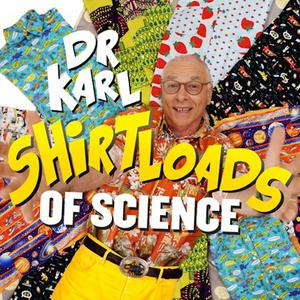
Get the free radio.net app
- Stations and podcasts to bookmark
- Stream via Wi-Fi or Bluetooth
- Supports Carplay & Android Auto
- Many other app features
Get the free radio.net app
- Stations and podcasts to bookmark
- Stream via Wi-Fi or Bluetooth
- Supports Carplay & Android Auto
- Many other app features


Shirtloads of Science
Scan code,
download the app,
start listening.
download the app,
start listening.





